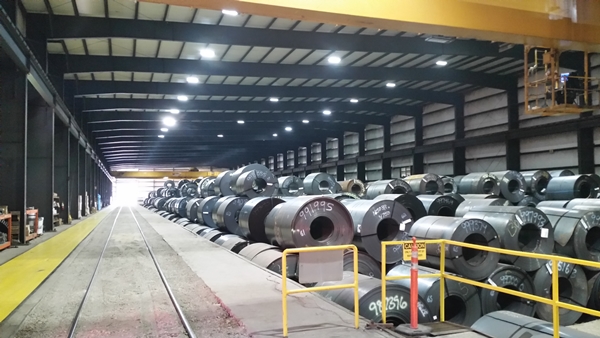India's Green Steel Mission: Transforming the Steel Industry for a Sustainable Future
Key Ideas
- The Indian government is launching the 'Green Steel Mission' with Rs 15,000 crore to help the steel industry reduce carbon emissions and achieve Net Zero targets.
- Initiatives include a PLI Scheme for Green Steel, incentives for renewable energy, and mandates for government agencies to procure Green Steel, enhancing environmental sustainability.
- Efforts like the National Green Hydrogen Mission, Steel Scrap Recycling Policy, and PLI scheme aim to promote green hydrogen production, decarbonization, and resource efficiency in the steel sector.
- India aims to position itself as a global leader in the steel industry by developing a comprehensive global strategy, focusing on raw materials, investments, technologies, and exports.
India is gearing up to revolutionize its steel industry with the 'Green Steel Mission' aimed at reducing carbon emissions and advancing towards a Net Zero future. The mission, with an estimated cost of Rs 15,000 crore, encompasses various initiatives such as a Production-Linked Incentive (PLI) Scheme for Green Steel, promoting renewable energy use, and mandating the purchase of Green Steel by government agencies to ensure environmental sustainability.
The National Green Hydrogen Mission plays a crucial role by integrating the steel sector into the broader green hydrogen production goal and decarbonization of steel production processes. Efforts like the Steel Scrap Recycling Policy further promote resource efficiency through increased availability of domestic scrap.
The Indian government has allocated significant funding for pilot projects in the steel sector until 2029-30, focusing on utilizing hydrogen in processes like Direct Reduced Iron (DRI) production and blast furnaces to reduce coal consumption.
In addition, a comprehensive global strategy is being formulated to establish India as a leader in the steel industry, emphasizing factors like raw materials, investments, technologies, and exports. This strategic approach includes the development of a Steel Global Outlook Strategy by a dedicated Working Group, with inputs from stakeholder consultations.
Moreover, quality control measures are being strengthened through the incorporation of standards for steel used in India into the Quality Control Order (QCO). Both domestic and foreign manufacturers are required to obtain Bureau of Indian Standards (BIS) licenses to ensure compliance and maintain the supply of high-quality steel products in the market.
Topics
Policy
Production
Renewable Energy
Sustainability
Carbon Emissions
Investment
Steel Industry
Government Initiatives
Global Strategy
Latest News
